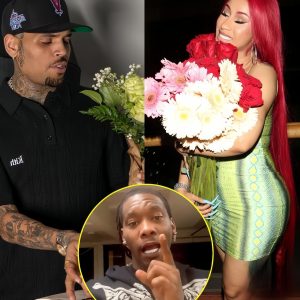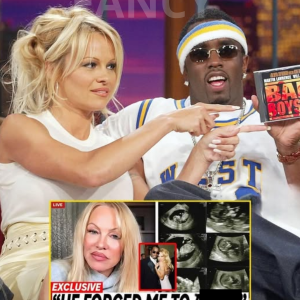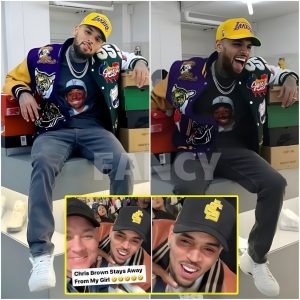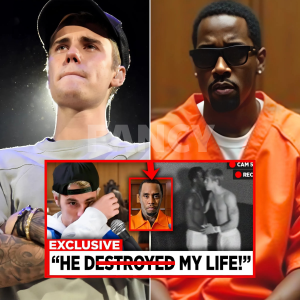Lil Durk’s journey from the gritty streets of Chicago to the top of the Billboard charts is a true rags-to-riches story, but it’s also one steeped in controversy, loyalty, and vengeance that now has federal investigators watching closely. Here’s how Durk, who turned his life around with music, finds himself at the center of a high-stakes, potentially career-ending feud.
Lil Durk, born Durk Derrick Banks, grew up in Chicago’s South Side, where gang violence was part of daily life. Music became his escape, a way to express his struggles and dream of a different future. His talent caught the attention of Def Jam Recordings in 2012, launching his music career and giving him a shot at success. Albums like Remember My Name and Love Songs for the Streets 2 helped cement his place in the industry, while his collaboration with Drake on “Laugh Now Cry Later” skyrocketed him to mainstream fame.
A Legacy Overshadowed by Loyalty
In the world of drill rap, loyalty is everything. Durk’s close relationship with fellow Chicago rapper King Von embodied that bond. When King Von was tragically killed in 2020 during a confrontation with rapper Quando Rondo in Atlanta, Durk was devastated. His sorrow was palpable in his music, and rumors began circulating that he was seeking revenge. Durk’s lyrics took on a darker tone, hinting at a vendetta against those he held responsible for Von’s death. Songs like “The Voice” and “Federal Nightmares” started drawing attention as potential confessions.
Federal investigators claim that Durk’s group, Only the Family (OTF), acted not just as a music label but as an organized syndicate, with deep ties to the streets. Allegedly, a $75,000 bounty was placed on Quando Rondo’s head. The plan was thorough, involving encrypted messages, covert travel, and detailed tracking of Rondo’s movements. Durk’s team is said to have moved across state lines to Los Angeles to track down Rondo and his cousin, Lul Pab. On an unsuspecting day at an LA gas station, OTF associates reportedly ambushed Rondo’s vehicle. Rondo survived, but his cousin did not.
The FBI’s Case
Investigators soon pieced together credit card records, travel arrangements, and social media posts. Durk reportedly funded flights, hotels, and car rentals for the hit squad, a costly operation that he likely didn’t think would leave a trail. FBI agents discovered traces of financial transactions pointing back to Durk and his inner circle. Surveillance footage at the gas station showed the suspects plotting the attack, leaving behind a detailed timeline that now threatens to incriminate Durk and his associates.
Lyrics Under Scrutiny
Prosecutors are examining Durk’s lyrics and social media posts as evidence of a premeditated revenge plot. While the use of rap lyrics in court is controversial, citing artistic freedom, investigators argue that Durk’s lyrics point to real-life events and intentions. The controversy surrounding this approach is fueling debate, with some fearing it could lead to self-censorship among artists, while others believe it could help prevent real violence.
The FBI’s breakthrough reportedly came from an informant within OTF, someone Durk trusted. This insider wore a wire, sharing details of OTF’s plans, payments, and internal struggles. This revelation sent shockwaves through OTF, leading to paranoia and distrust among its members. Durk’s empire, carefully built over a decade, now faces an existential threat not from rivals but from within.
A Lasting Legacy or a Downfall?
The consequences of these allegations could be catastrophic for Durk. If found guilty, he risks losing everything he built, from his music career to his freedom. For fans, Durk’s story is both a cautionary tale and a tragic reminder of the enduring ties to a world he fought hard to escape. His music may have brought him to the heights of fame, but it’s his loyalty that might ultimately bring it all crashing down.








